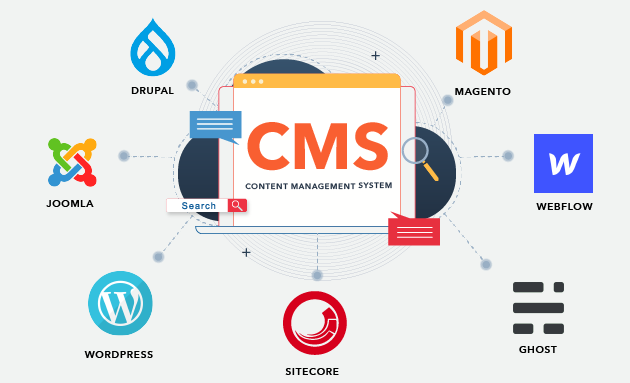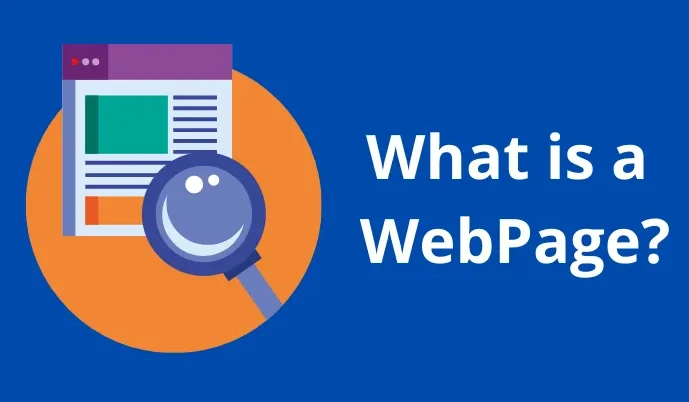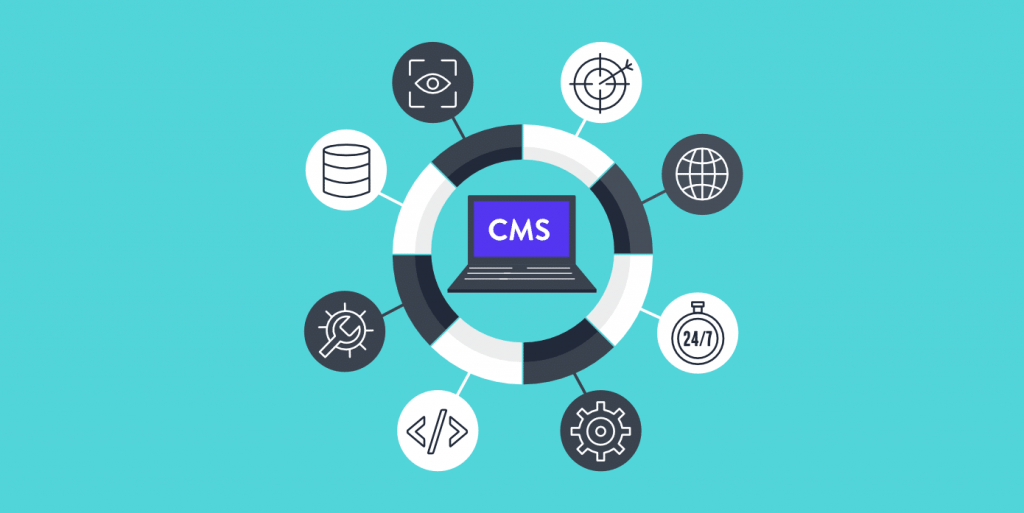Describe a website & CMS

1. Describe a webpage.
A website is a browser’s or an ip’s interpretation of some codes that can be visited.
Here’s another definition in case the previous one sounded pretentious:
A website is a page or group of pages that may be accessed via the Internet by entering a URL into a browser.
A website is a way to present specific aspects in Romanian in order to provide visitors with pertinent information.

Websites are often created using a CMS (Content Management System), which can be either custom (like the one we created) or free (WordPress, Drupal, Magento).
2. Describe a CMS
A CMS is a system that may be used to administer various websites, as I mentioned earlier.
A CMS is essentially an interface that allows anyone to manage a website.
These CMSs are intended for users with an IT background, but there are also lots of CMSs with minimal usage.

Free CMSs are vulnerable because they require plugins (external add-on modules) in order to implement specific functions (online payment, automations, etc.).
Typically, custom CMSs don’t require this because the CMS creators have already created these functions.
There are some websites in the world that are not controlled by a content management system, but they are extremely few and call for very complex programming skills from the website manager.
3. What makes a website necessary?
If your internet presence is significant to you, you should have a website.
You should have a website if you run a business, run a blog, or simply want a personalized email address with your name and still purchased a domain @yourname.com.
If you have a website, your chances of being seen by more people are directly correlated with whatever the website’s quality means. I won’t keep repeating the adage “if you’re not online, you don’t exist,” because I believe it’s been said to death.
If your company has promise and you want it to be seen by plenty of potential clients, you still need a website.
Don’t forget that anyone in the world can access anything that is available online.
4. Who can create websites?
Anybody.
Really anybody.
For instance, WordPress websites can be created without extensive programming experience.
Anyone else can “setup” a WordPress website by going online, purchasing a theme, and viewing two or three YouTube instructions.

Overall, anyone can create a website, albeit obviously there will be a cost for its vulnerability, sluggish loading time, and extremely low degree of indexability.
Professional websites are created by programmers, and you can typically identify the difference between a theme-based, multipurpose website and a custom-built website where each line of code is written specifically for its intended use.
5. How to pick your personal greatest website building option
Depending on the urgency and requirement.
A website built in WordPress or Joomla is sufficient if you have a blog that is not pretentious and you don’t need to commercialize it.
On the other hand, if you own a business and want it to expand, your website should be developed just for you, or at the very least by some programmers who are themselves programmers.
But ultimately, it’s up to you to make the decision, and it will undoubtedly be the best one for your particular line of work.







